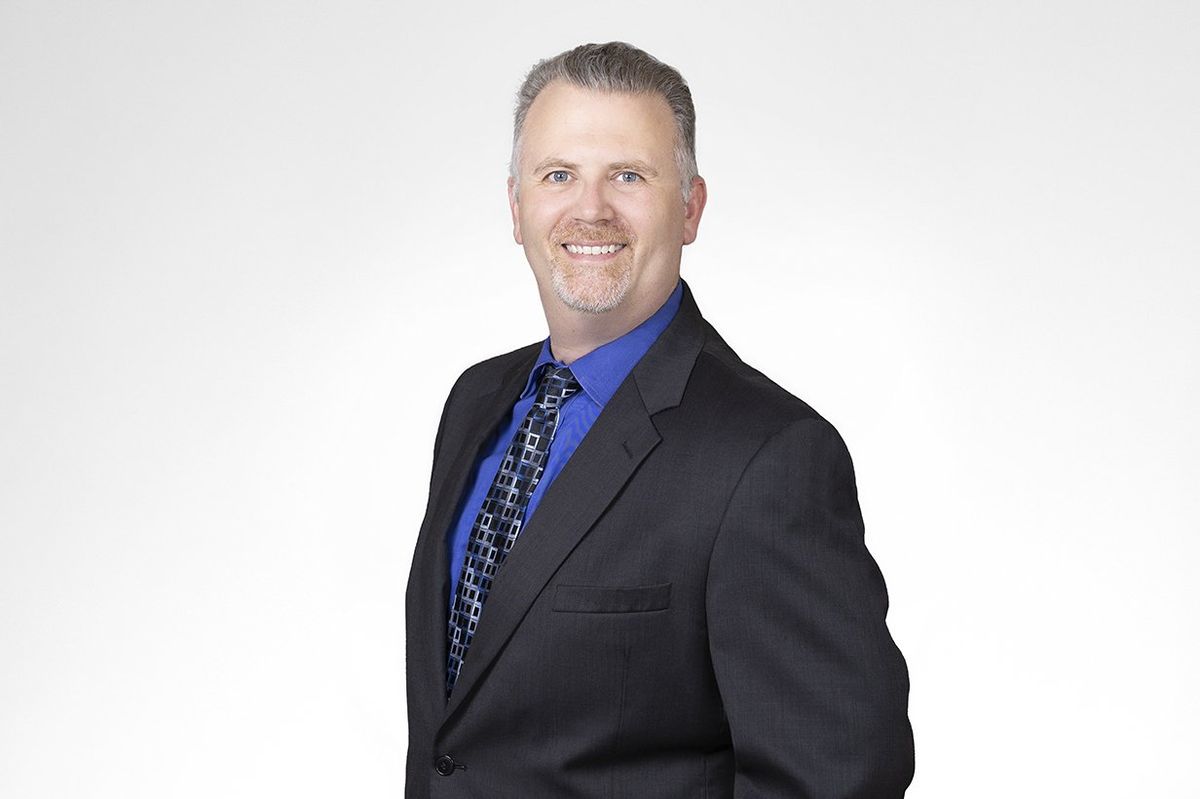Editor's note: Welcome to another Monday edition of Innovators to Know. Today I'm introducing you to three Houstonians to read up about — three individuals behind recent innovation and startup news stories in Houston as reported by InnovationMap. Learn more about them and their recent news below by clicking on each article.
Marc Nathan, senior director of market development at Michael Best

Headed to SXSW? Marc Nathan shares what you need to know. Photo via Michael Best
Tens of thousands of people are descending upon Austin for SXSW — many of whom are ambitious startup founders. For Houston entrepreneurs, there's a lot to consider before heading down the street to Austin, and Marc Nathan can help.
The native Houstonian, who works with startups as senior director of market development at Michael Best and is based in Austin, has attended the conference for over 20 years. Every year, he assembles a comprehensive SXSW guide including round up of must-attend events, tips, and more.
He joined the Houston Innovators Podcast this week to provide his thoughts on how Houston founders can make the most of the tech-focused Interactive track — or the unofficial experiences taking place around Austin.
"You do not need a badge to enjoy and get the most out of SXSW," Nathan says, explaining that having a badge is ideal for a first timer experience. "For struggling founders who are typically broke, if you can swing the travel to get to Austin — getting here, staying here, and eating here, which are all not very cheap to start with — if you can swing that, then a badge is not that critical." Read more.
Teresa Thomas, vice chair and national sector leader for energy and chemicals at Deloitte

Teresa Thomas, newly named vice chair and national sector leader for energy and chemicals at Deloitte, shares her vision in an interview. Photo via LinkedIn
Deloitte is undergoing a leadership shift — and this evolution for the nearly 200-year-old company directly affects its Houston office and the energy transition line of business.
Earlier this year, Teresa Thomas was named vice chair and national sector leader for energy and chemicals at Deloitte. Based in Houston, she will also serve as an advisory partner and leader in Deloitte & Touche LLP's Risk & Financial Advisory energy and chemicals practice. She succeeds Amy Chronis, partner at Deloitte LLP, who will continue to serve within the energy and chemicals practice until her retirement in June 2024. Read more.
Luis Arregoces, chief artificial intelligence officer at Blue People

Blue People has named Luis Arregoces as the company’s first chief artificial intelligence officer. Photo courtesy of Blue People
A Houston-based software company has named its first chief artificial intelligence officer.
Blue People has named Luis Arregoces as the company’s CAIO. With 20 years of experience, Arregoces has led AI projects for global Fortune 100 companies in various industries.
“I am honored to join Blue People and be a part of this historic moment,” Arregoces says in a news release. ”Together, we have the opportunity to shape the future of AI in Houston and beyond. AI’s versatility and transformative potential make it indispensable across all industries to drive innovations, efficiency, and competitiveness.” Read more.



 Texas Monthly's chief innovation officer, Tim Taliaferro, moderated the panel. Natalie Harms/InnovationMap
Texas Monthly's chief innovation officer, Tim Taliaferro, moderated the panel. Natalie Harms/InnovationMap